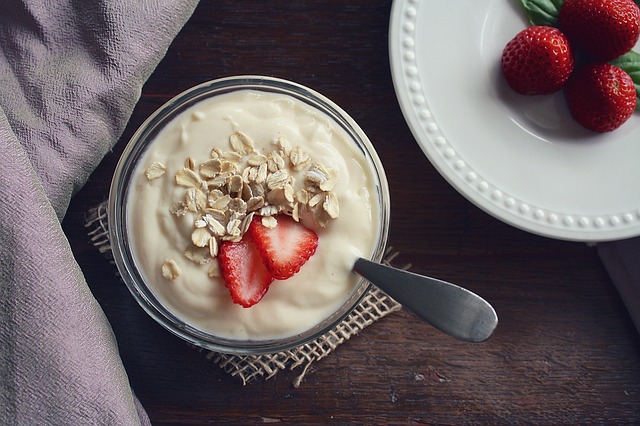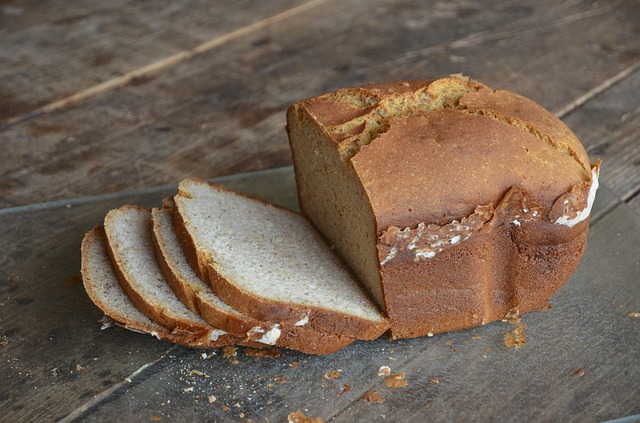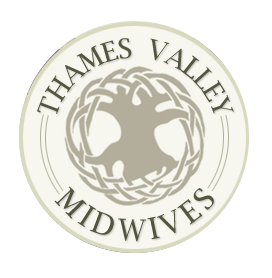Dairy & Gluten Free Diet

There are a number of alternative foods and drinks to replace dairy products containing calcium such as:
- Soy, almond, coconut, rice, oat, hazelnut, quinoa, and potato milks,
- Dairy free cheeses,
- Dairy free yogurts,
- Foods that carry the “dairy free” or “vegan” labels,
- Green leafy vegetables such as spinach, kale, collard greens, okra, cabbage and broccoli, bok choy,
- Green soy beans,
Dairy Free Diet During Pregnancy -
For clients who are lactose intolerant, have a dairy allergy or are vegan, calcium intake is still important during pregnancy to ensure your baby’s bones develop well and reduce the risks of other pregnancy complications such as pre-eclampsia (raised blood pressure), preterm labour and low birthweight infant (less than 2500 grams at term). It is recommended that when you are pregnant and/or nursing you should have a calcium intake of 1,200 to 1,400 mg of calcium per day.
A calcium supplement may be beneficial if your calcium intake is limited.
- Nuts,
- Tofu,
- Bread and anything made with fortified flour,
- Fish – sardines and pilchards (containing bones), salmon and shrimp,
- Dried figs,
- Red beans, white beans and chick peas,
- Fortified orange juice.
Gluten Free Diet During Pregnancy -
There are many reasons why people need to follow a gluten free diet. One of the biggest reasons is celiac disease, a serious autoimmune disease that requires strict, lifelong adherence to a gluten-free diet. Other people have a gluten sensitivity or wheat allergy, or inflammatory autoimmune diseases such a thyroid disease or arthritis which has improved with a gluten free diet. Whatever the reason, most clients are already familiar with following a strict gluten-free diet.
Celiac disease causes malabsorption of folic acid and other nutrients during pregnancy, which increases the risk of your baby developing a neural tube defect in the first trimester. Therefore, we recommend supplementation with folic acid which can be found in a gluten-free prenatal vitamin. You should continue with a prenatal vitamin for the duration of your pregnancy and when breastfeeding.
Whole gluten-free grains, such as quinoa, brown rice, millet and amaranth can be excellent sources of vitamins, minerals and fibre when you are pregnant.

Supplements of 1000 mg of calcium and 1,000IU of vitamin D per day is recommended when following a gluten-free diet. A daily supplement of 400mcg of folic acid (ingredient in prenatal vitamin) and folate rich foods are also recommended.
